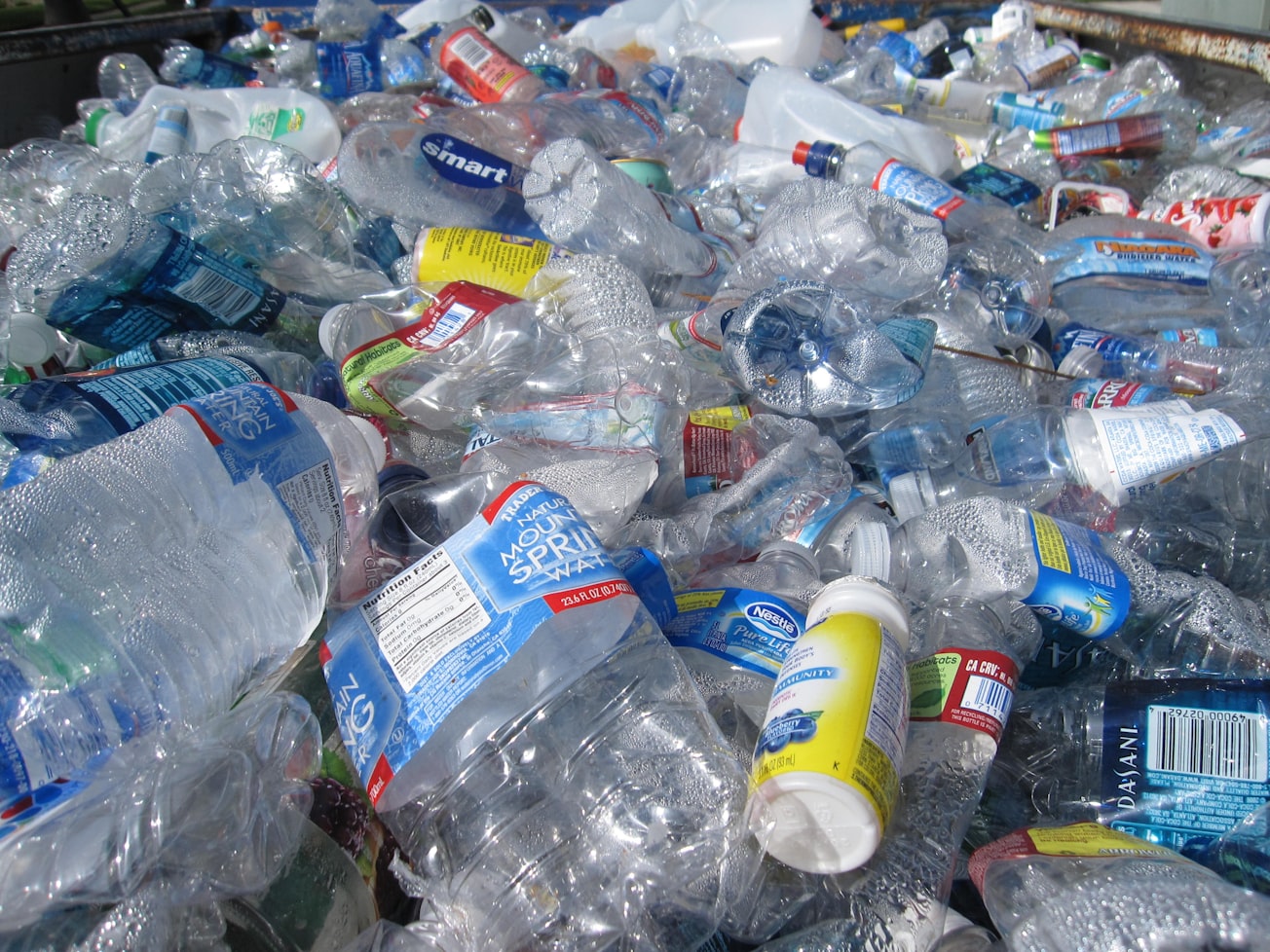What is it about?
Waste is being treated differently depending on Geography. In the global south, Waste to Energy technology is expanding, while in European cities, it has become an impediment to more sustainable waste management practices, e.g. regarding CO2 balances and socio-productive inclusion. The paper examines the impacts of the changing waste regime in Sweden and in Brazil.
Featured Image

Photo by tanvi sharma on Unsplash
Why is it important?
The paper deconstructs the myth of the current dominant waste regime, which suggests the expansion of the waste-based commodity frontier with Waste to Energy (WtoE). The use of waste as a raw material for energy production has social and environmental impacts, e.g. taking away jobs, particularly in global South cities. Critical voices emphasize a shift away from WtoE towards more environmentally and climate-efficient solutions.
Perspectives
This co-authored, interdisciplinary work is a critique to the transfer of technology to global South cities, that displaces existing work intense waste management systems and locks cities into long-term, inflexible contracts. The paper shows that cities in the global North are already looking for alternatives to WtoE, in order to become more carbon neutral and to transition towards a more sustainable waste regime.
Dr. Jutta Gutberlet
UVic
Read the Original
This page is a summary of: Expansion of the Waste-Based Commodity Frontier: Insights from Sweden and Brazil, Sustainability, March 2020, MDPI AG,
DOI: 10.3390/su12072628.
You can read the full text:
Contributors
The following have contributed to this page







